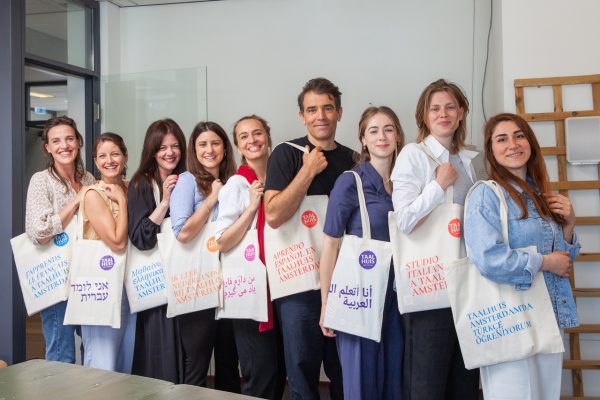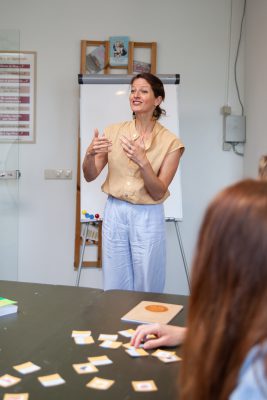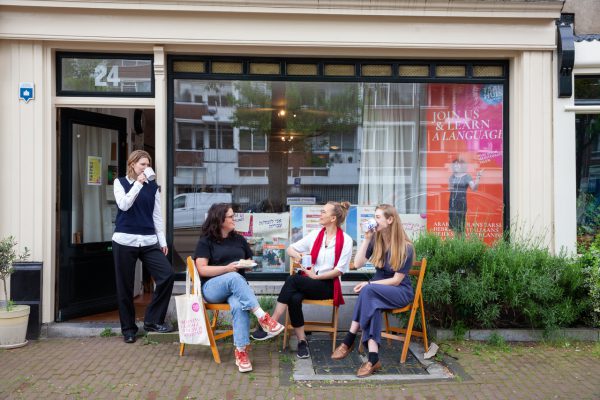Taalhuis Amsterdam consists of a team of language lovers with a thrill for text, literature, grammar, culture and coffee.
Especially for Holland times they put together this article to guide you through some false friends you’ll encounter while learning Dutch.
Remember when that supposedly best friend from middle school didn’t invite you to his or her birthday? He or she proved to be not truly your friend after all. Such false friends are always a pain, not only in real life, but also in language. Just when you feel you are starting to get the hang of speaking Dutch, turns out you are actually saying stuff you don’t mean.
When your teacher asks you what you will be doing this weekend, you tell that you will visit your parents-in-law: “Ik ga mijn schoonouders “visiteren”. Your teacher looks at you with a puzzled frown and probably a half smile. You have just said that you will thoroughly inspect the house or the bags of your in-laws, like you’re a guard at Schiphol. The correct word would have been bezoeken or op visite gaan: “Ik ga mijn schoonouders bezoeken.”
Such misunderstandings are probably familiar to all second-language speakers. This specific type of confusion is called False Friends. You use a word from your own language, confident it means the same, but it turns out that it means something completely different in Dutch: in this case visiteren and visit.
These obstacles already start in your very first Dutch lessons. For example, while the Dutch word hoe sounds exactly the same as the English who, the first is translated as how and the latter as wie. And of course, don’t confuse the Dutch wie sound with the English we, because that is wij or we (with û sound) in Dutch. Also, take care when communicating with your employer. If you confidently declare that you will work on Saturday (you know – as a one-time-exception), never say “Ik wil werken op zaterdag.” You have just said that you want to work on Saturdays. Before you know it, you are stuck at the office every weekend!
Although many students are maybe a little jealous of the speed in which German speakers learn Dutch, they also encounter many False Friends. While the German bellen means barking, in Dutch it means calling. So when your Dutch flatmate says ik ben aan het bellen met mijn moeder, she’s just calling her mom, not barking at her. And when you want to shush the neighbour’s barking dog, just ask him or her to stop blaffen. Versuchen and verzoeken are also an infamous pair: the first needs to be translated into Dutch as proberen. Verzoeken means to request something. And the German mögen means to like something, but in Dutch mogen means to be allowed. Ik mag autorijden, means that someone is allowed to drive, not that someone likes to drive.
While False Friends can be annoying, they also show the beautiful and intricate connections between different languages. For now, this blog is klaar! And with the Dutch klaar I don’t mean the English that’s clear, the Spanish claro or the German Klar but simply that this blog is finished. If you want to translate clear, claro and klar, you can use the Dutch word duidelijk. Is that clear?
Join Dutch courses at Taalhuis Amsterdam and don’t pal up with false linguistic friends!
Written by Eleá de la Porte


